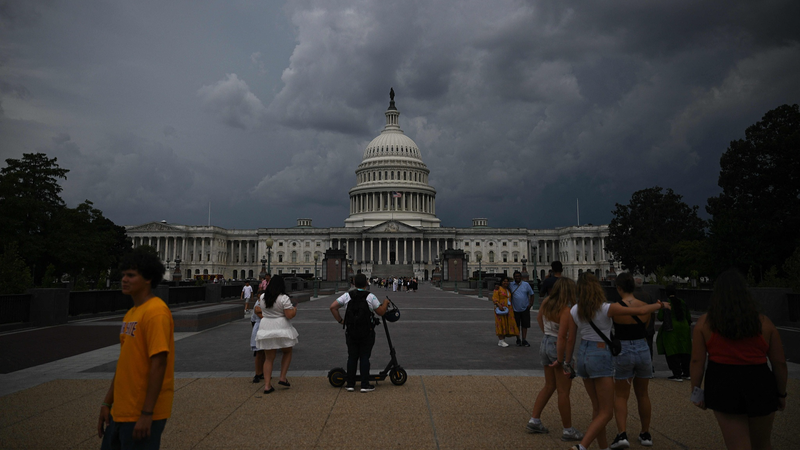On July 1, the U.S. Senate delivered a landmark vote on a sweeping package that bundles tax relief for households and businesses with new spending on infrastructure, healthcare, and national security. Supporters hail it as an economic jolt to fuel growth, while critics warn of rising deficits.
Driving Growth or Debt?
The bill aims to lower rates across income brackets and inject fresh capital into consumer wallets and corporate coffers. Early forecasts suggest a boost to consumer spending and business investment this year, even as concerns grow over larger deficits.
What Young Professionals Need to Know
Recent graduates and early-career workers could see an uptick in take-home pay thanks to rate cuts on income brackets. Meanwhile, entrepreneurs in startup hubs from Silicon Valley to Bengaluru are eyeing expanded R&D credits and lower corporate levies to fuel their next funding rounds.
Global Ripples
Beyond U.S. borders, stronger American demand may benefit exporters—from Asian tech suppliers to European luxury brands. Bond markets have already reacted, with yields on U.S. Treasuries ticking higher amid worries over fiscal sustainability. For travelers, shifting exchange rates might stretch—or shrink—your budget abroad.
Next Steps in the House
As the measure moves to the House of Representatives, think tanks, activists, and business associations are gearing up for debates on amendments. Whether the package reaches the president’s desk intact or is reshaped, its final form could set economic priorities for years.
Have Your Say
How will this bill affect your finances, career plans, or travel dreams? Share your perspective in the comments below and join the global conversation.
Reference(s):
Questionnaire on U.S.'s 'comprehensive tax cut and spending bill'
cgtn.com



